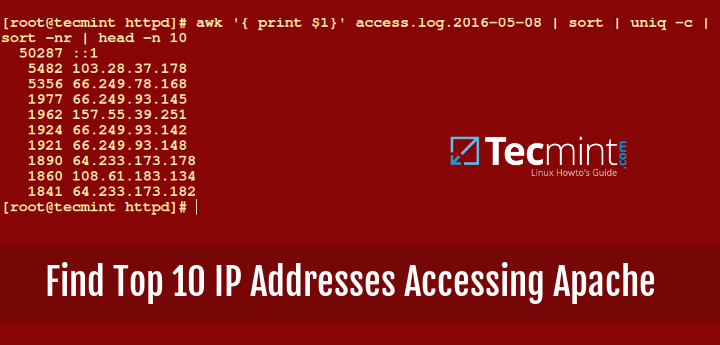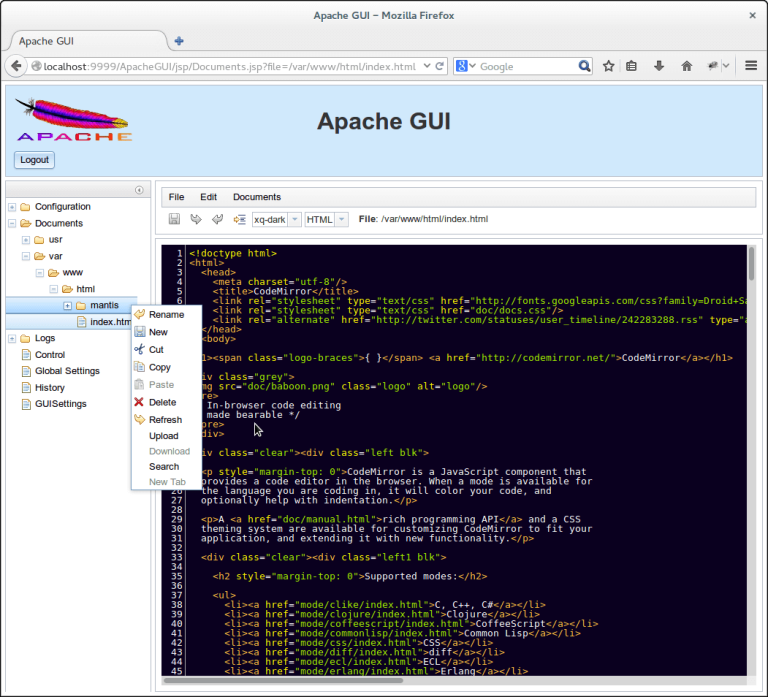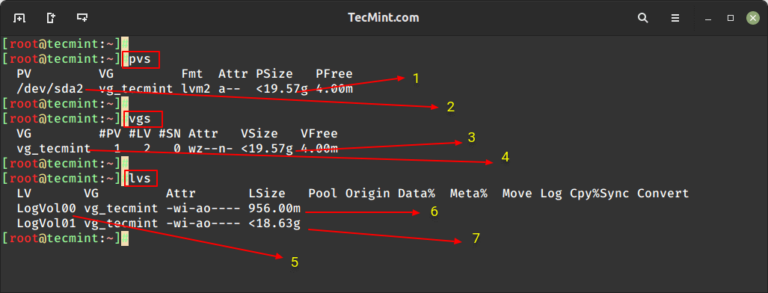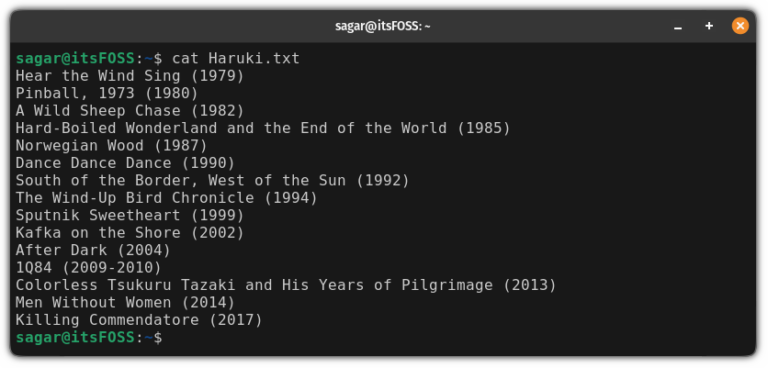WooCommerce Membership: Full Guide + 7 Alternative Plugins


If you’re a WordPress user, WooCommerce needs no introduction. It is one of the most customizable eCommerce platforms on the market and runs a significant portion of commerce across the world online. But what if you want to use a WordPress Membership plugin? That’s where WooCommerce Membership comes into play!
Even if you don’t run your own online enterprise, you will have heard of WordPress’s flexibility and awesome ability to turn any website into an online store. The WooCommerce Membership plugin is an extension of that eCommerce platform. It is one of the most popular ways to create a members-only content site and one of the best WordPress membership plugin options around.
Let’s dig right in and start by going through a quick summary of this membership plugin.
Read more…






